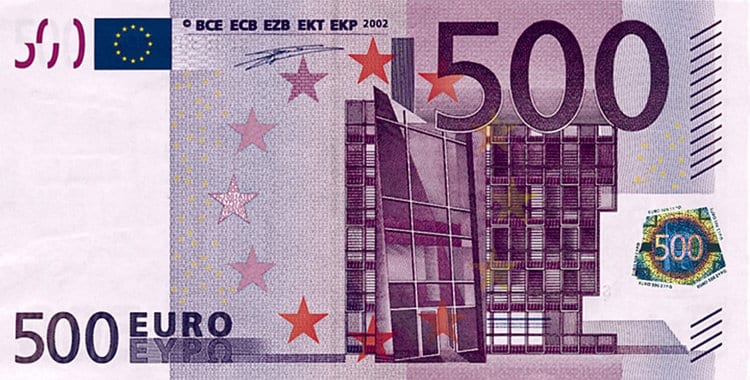STRICTER monetary controls may soon see €500 notes being ‘sold’ on the black market for a lesser sum in smaller denomination.
For example, a single ‘BinLaden’ (as they are unofficially called) could be sold for say €400 in €20 or €50 notes, in a transaction akin to ‘laundering’ money.
This is already happening in exotic destinations such as the Dominican Republic and Cuba.
The reason lies with the increasing levels of supervision that Spanish authorities wish to bring in to curb – if not altogether eliminate – illegal money, most of which is accumulated in easy-to-hide €500 notes and which may soon oblige the receiver to record details of paying with such notes. Already, banks began withdrawing these notes as of January 2019.
So far, cash payments have been limited in the following manners:
Up to €2,500 where one of the parties is acting as a trader or professional, and €15,000 if one of such parties is a non-tax resident. This limitation is not applicable to payments to banks or similar institutions (it is worth noting that the CBE – Central Bank of Europe – found ‘disproportionate’ the new limit of €1,000 in cash that the Spanish Tax Office has vowed to implement).

Up to €100,000 if travelling within Spain and €10,000 if entering or departing the country, without notifying the authorities.
There is no limit as to how much cash you can pay in or withdraw from a bank account.
But if those sums are suspicious, or the purpose cannot be reasonable demonstrated, the bank may refuse to take or pay cash and if they accept it, will notify the Tax Office (AEAT).
As a rule of thumb, cash payments of over €3,000 are notified to the AEAT.
Likewise, there isn’t a limit to the amount of cash any person can have in his/her home, so long as the source can be explained if questioned by tax authorities or regulators.
The inconvenience of withdrawing the cash and keeping it home – besides the obvious security issue – is that, if at any future point in time this person wishes to return it to the bank, the authorities may not deem it to be the same, and tax it.
Even worse, it could initiate an investigation into money laundering inasmuch as the source of this payment is no longer evident (and as happens, cash is ‘fungible’ i.e. interchangeable).











